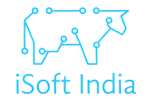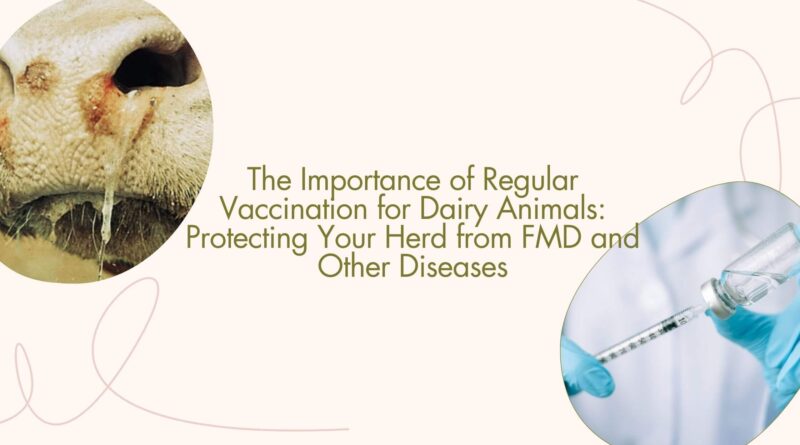The Importance of Regular Vaccination for Dairy Animals: Protecting Your Herd from FMD and Other Diseases
Healthy dairy animals are the foundation of a profitable and sustainable dairy farm. Most of the common communicable diseases in dairy animals can be easily prevented through proper vaccination. Yet, many farmers still overlook or delay this essential step—even when vaccines and vaccination services are provided free of cost by the government.
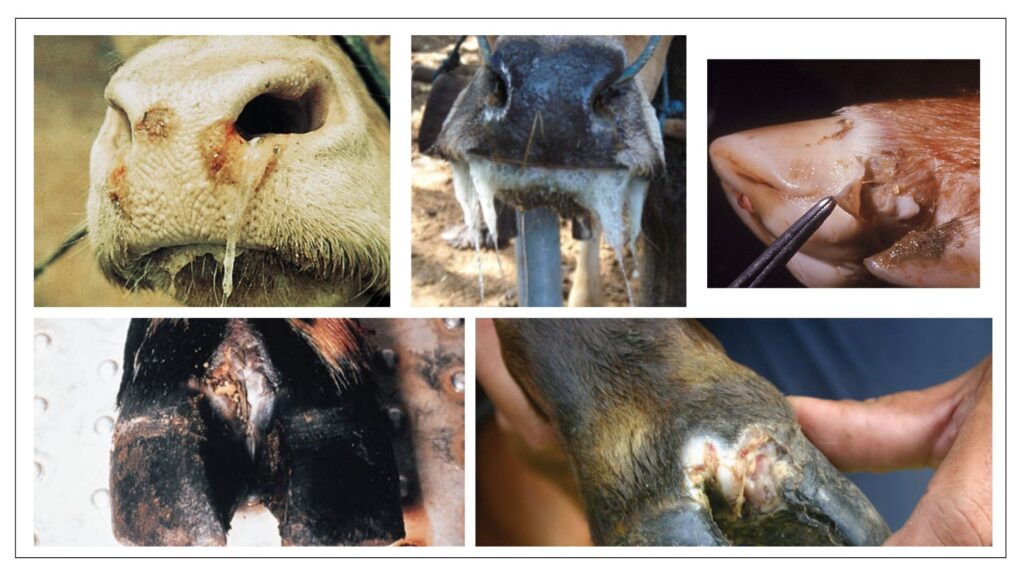
This negligence can lead to devastating economic losses, not only for individual farmers but also for the entire rural dairy economy.
Also, combine vaccination with good farm hygiene and regular cleaning practices to reduce disease risk. Pair this with Delmer Cow Brushes for better animal comfort and feed additives to strengthen immunity naturally.
Why Vaccination is Non-Negotiable
According to veterinary experts, timely vaccination of dairy cattle is the most cost-effective way to prevent diseases such as Foot and Mouth Disease (FMD), brucellosis, and other viral infections. Vaccines are designed and recommended by manufacturers to protect the animal’s immune system from these communicable diseases.
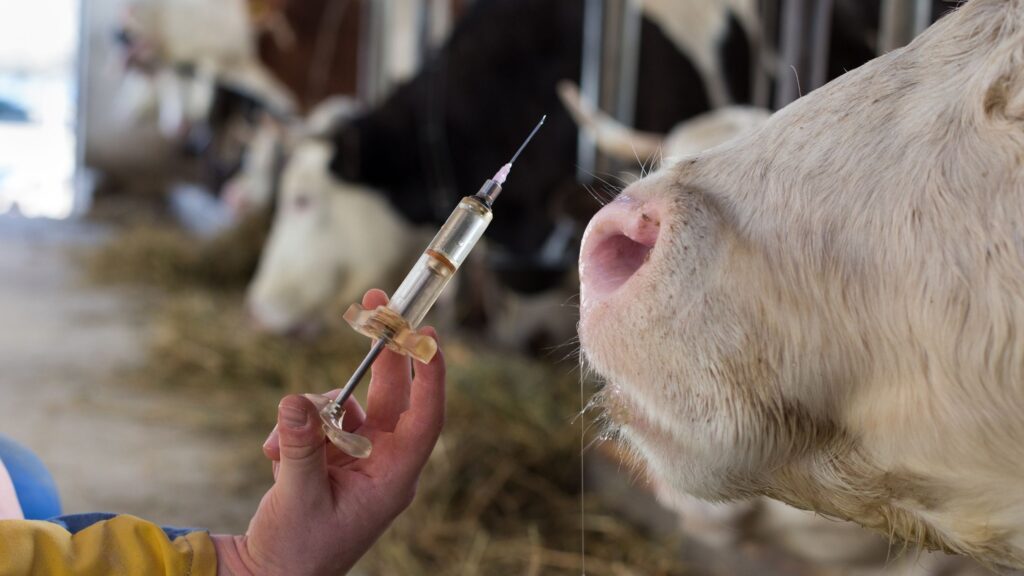
When farmers choose not to vaccinate, they expose their herd to two major types of losses:
- Mortality (Death of the animal):
When an infected animal dies, it is not just a production loss—it’s a capital loss. The animal’s value, future milk output, and genetic potential are all wiped out. While insurance may cover accidental deaths, it rarely covers deaths caused by communicable diseases like FMD. - Morbidity (Reduced productivity due to illness):
In this case, the animal survives but becomes cash-negative. It continues to consume feed, labour, and resources—about Rs.100 per day or roughly Rs. 36,500 per year—without producing enough milk to cover its cost. Diseases like FMD severely affect the animal’s reproductive health, often damaging the ovaries permanently, leading to infertility or abortion if the cow is pregnant. Such animals become an emotional and financial burden for their owners.
The Truth About FMD Control in India
The Government of India (GoI), along with state authorities, has been conducting biannual vaccination drives against Foot and Mouth Disease (FMD) for the past 40 years. These mass vaccination programs aim to control the spread of this highly contagious disease, not to eradicate it entirely.
Healthy and vaccinated cows perform better when supported by proper hygiene, comfort, and nutrition. Explore Delmer Group’s complete dairy solutions to build a stronger, more productive herd.
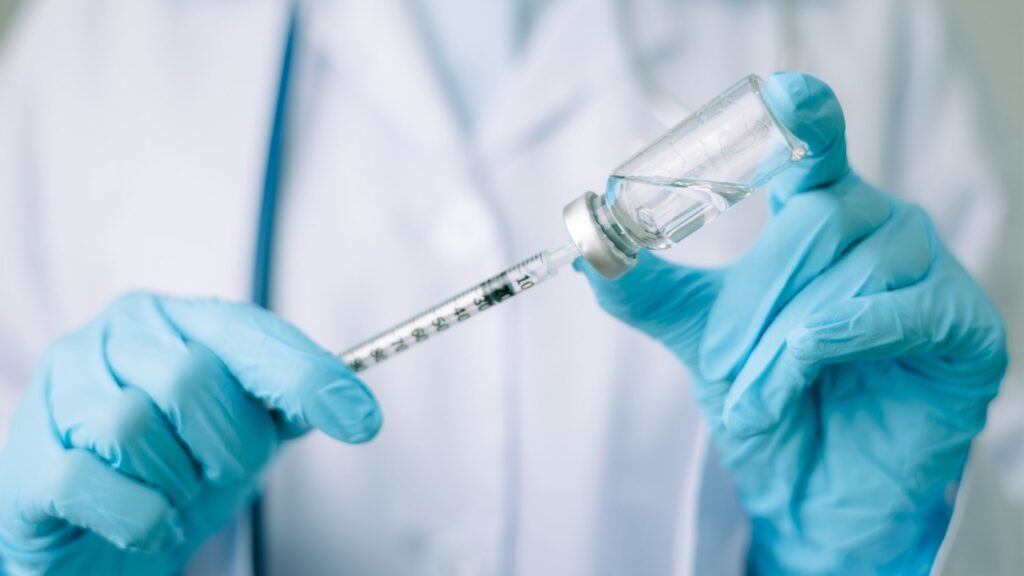
However, the results have been mixed. Despite spending over ₹2,500 crore annually on FMD vaccination programs, the estimated loss due to FMD remains below ₹10 crore. This massive spending-to-loss ratio raises questions about the program’s cost-effectiveness and implementation.
What Dairy Farmers Can Do
To safeguard your herd truly, don’t rely solely on government vaccination drives. Instead, ensure your animals are vaccinated three times a year (once every four months) using vaccines stored under a proper cold chain (4°C) until administered.
Regular vaccination, along with proper hygiene, nutrition, and comfort, is essential for maintaining overall cattle well-being and ensuring a healthy, productive herd.
Ask your veterinarian or supplier to verify that the vaccine has been maintained under cold conditions and is administered correctly via subcutaneous injection. This small precaution can save you from major financial and emotional losses later.
The Role of Milk Marketers and Dairy Companies
It is also in the best interest of milk cooperatives, marketers, and dairy companies to ensure that the maximum number of dairy animals remain healthy and in production. They should ideally promote or sponsor an additional round of FMD vaccination to support farmers and improve overall milk yield across regions.
An efficient herd management system helps farmers track vaccination, health, and productivity records, ensuring better control over the entire dairy operation.
Their participation in such initiatives would demonstrate a real commitment to farmer welfare and rural development, beyond marketing slogans.
Final Thoughts
Preventing disease is always cheaper and smarter than treating it. Vaccination remains the strongest line of defence for dairy animals against deadly communicable diseases. Every responsible farmer should ensure timely and complete vaccination—not just to protect their livestock, but also to safeguard their livelihood.
for more information visit delmerindia.com
